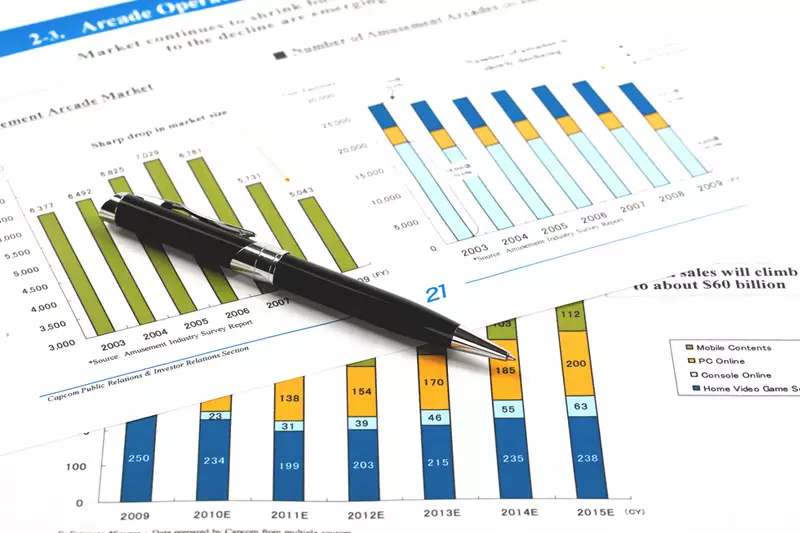Economists are currently divided on the potential size of Brazil’s upcoming interest rate reduction, with conflicting opinions arising due to shifting perspectives on U.S monetary policy and ongoing concerns regarding local inflation. The Banco Central do Brasil (BCB) recently transitioned to a more hawkish stance, deviating from its previous clear forward guidance and creating a unique situation where analysts are split on the bank’s near-term strategy.
Out of 39 economists surveyed, 22 anticipate a 25 basis points rate cut to 10.50% at the next Copom meeting on May 8, while the remaining 17 predict a more aggressive 50 basis points reduction to 10.25%. The uncertainty surrounding Brazil’s future monetary policy is further compounded by varying opinions on the Federal Reserve’s approach to interest rates, creating additional pressure for the BCB to proceed cautiously with its easing cycle.
Analysts are mindful of both international and local factors influencing Brazil’s monetary policy decisions. Inflation expectations, fiscal risks, and recent statements by BCB chief Roberto Campos Neto have all contributed to a more nuanced perspective on the country’s economic trajectory. Despite initial expectations for consistent half-percentage point reductions, the BCB’s openness to smaller cuts has introduced a new element of unpredictability.
Looking ahead, a majority of respondents foresee a 25 basis points rate reduction in June, with only one outlier predicting a 50 basis points cut. Median estimates for the end of 2024 and 2025 have been revised upwards to 9.75% and 9.00% respectively, reflecting heightened concerns about fiscal deterioration and its implications for Brazil’s economic outlook. While currency market volatility remains a point of contention, the BCB is likely to maintain its current policy stance unless exchange rate fluctuations translate into accelerated inflation.
The debate over Brazil’s interest rate reduction underscores the complex interplay of domestic and global factors shaping the country’s monetary policy landscape. As economists grapple with diverging opinions and evolving circumstances, the BCB faces the challenging task of balancing economic stimulus with inflationary pressures and external uncertainties. Ultimately, the path forward for Brazil’s interest rates remains uncertain, with analysts closely monitoring key indicators and policy statements for guidance on the country’s future economic trajectory.

